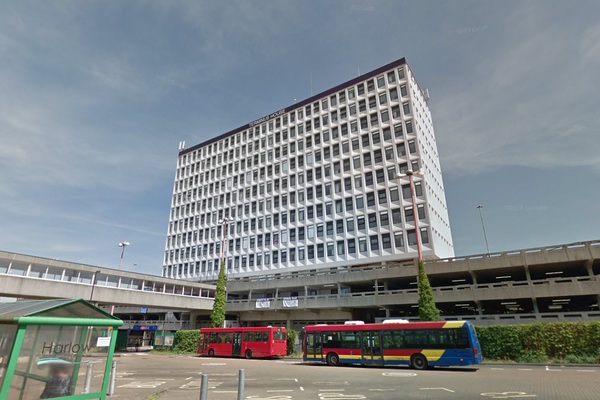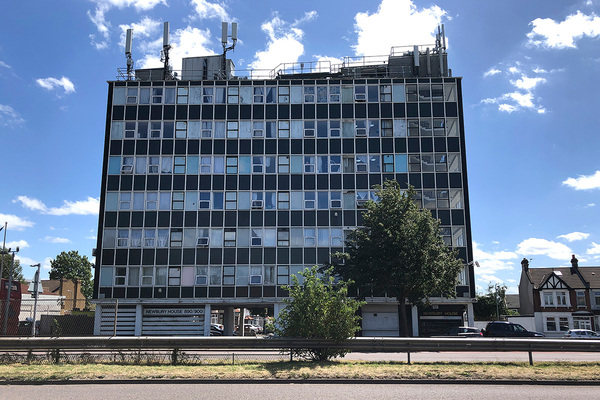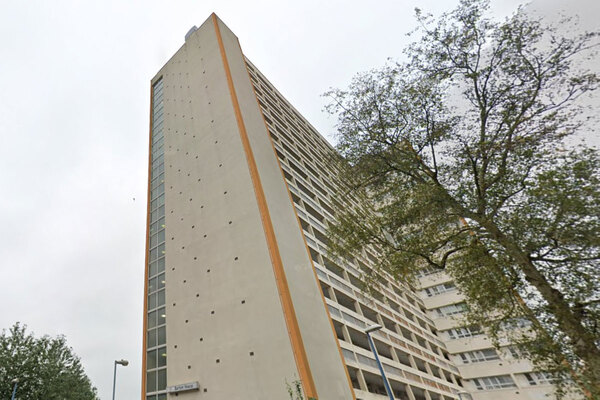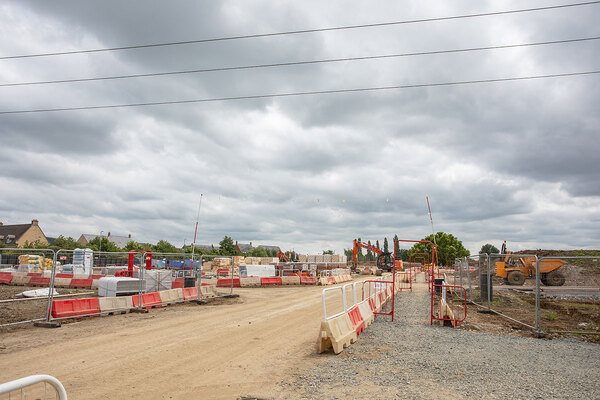Ministers accused of ignoring evidence on PDR by author of government-commissioned report
Ministers have been accused of deliberately “ignoring the evidence” about permitted development rights (PDR) by the author of a government-commissioned report into the quality of homes delivered through the policy.
The extensive report, published by the government this week, concluded that PDR delivers “worse quality residential environments than planning permission conversions in relation to a number of factors widely linked to the health, well-being and quality of life of future occupiers”.
Its analysis of hundreds of PDR schemes found that just 22.1% of the homes delivered meet national space standards – with many significantly smaller – compared with 73.4% developed with full planning permission.
But on the same day it published the report, the government tabled legislation to dramatically widen the PDR loophole in just weeks’ time without introducing any measures to solve the space issue.
Dr Ben Clifford, associate professor in spatial planning and government at University College London, who led on the report, told Inside Housing: “There have been some minor improvements but it’s not, in my view, sufficient to resolve the most noticeable issues with permitted development.
“The big overriding one is space standards and they’ve done nothing to tackle that just because of an obsession with overall headline unit numbers rather than actually delivering quality homes, and I think coronavirus has really shed a light on that.
“That for me is the biggest disappointment, because it’s at the root of a lot of the problems associated with PDR and there’s a lot of evidence about the impacts on things like family life and mental health.
“It feels to me that it’s a pretty conscious decision by ministers to ignore the evidence on space standards.”
He also revealed that ministers received the report in January – raising questions about why they chose to hold off its publication until immediately before parliament is suspended for the summer recess.
Existing PDR rules allow developers to convert office and commercial buildings into flats without needing planning permission.
The new legislation, which comes into effect on 1 September, will among other things mean vacant buildings can be demolished and rebuilt as homes through PDR.
In a joint letter to housing secretary Robert Jenrick, the Royal Institute of British Architects, the Chartered Institute of Building, the Royal Institution of Chartered Surveyors and the Royal Town Planning Institute condemned the move.
A spokesperson for the Ministry of Housing, Communities and Local Government said this week that PDR makes “an important contribution to building the homes our country needs” and is “crucial to helping our economy recover from the pandemic”.
“This independent research shows on average there was little difference in the appearance, energy performance or access to services between schemes delivered through permitted development and those that were granted full planning permission,” the spokesperson added.
In addition to the issues surrounding space and quality, the government-commissioned report found that the majority of permitted development schemes did not make affordable housing contributions via Section 106, or Community Infrastructure Levy payments.
Housing minister Christopher Pincher confirmed in answer to a parliamentary question this week that the government has not made any estimates of how many of the extra homes it plans to deliver through the new PDR rules will be affordable.









